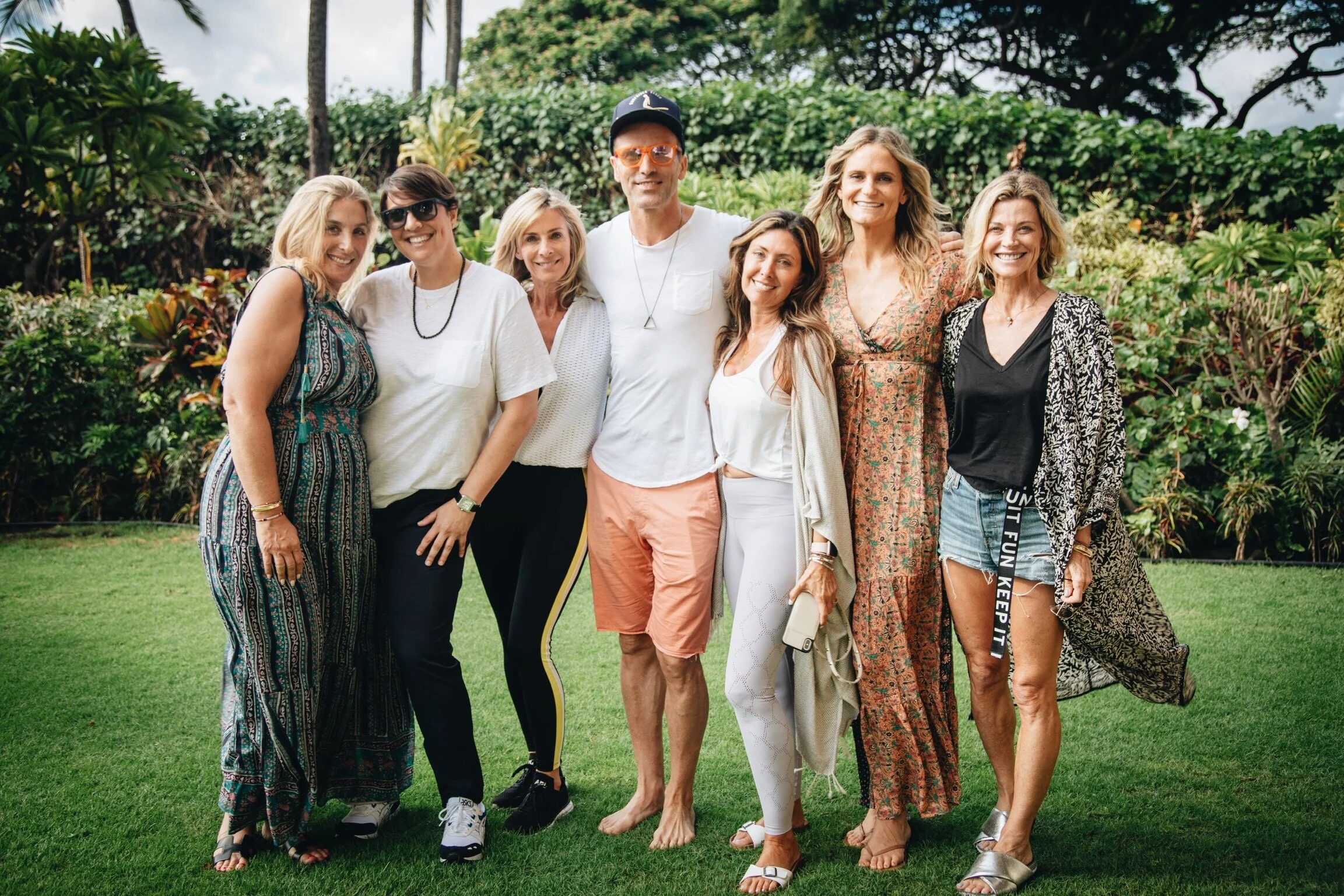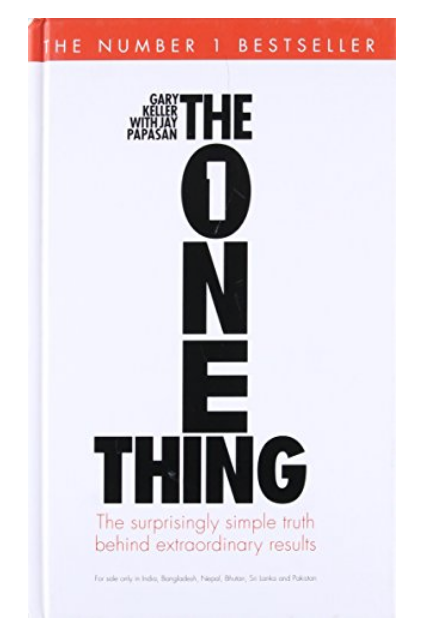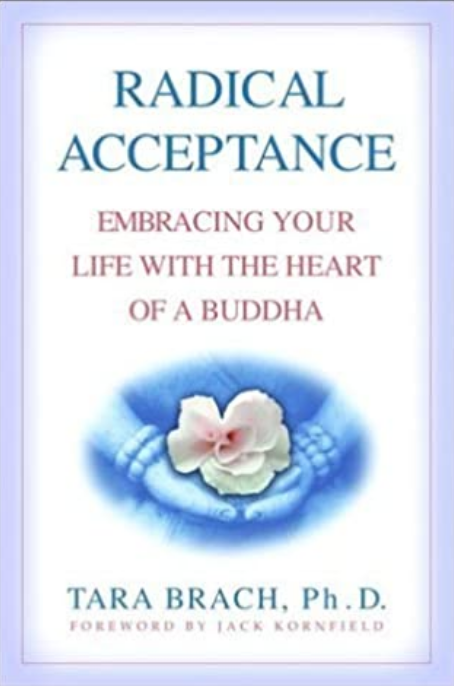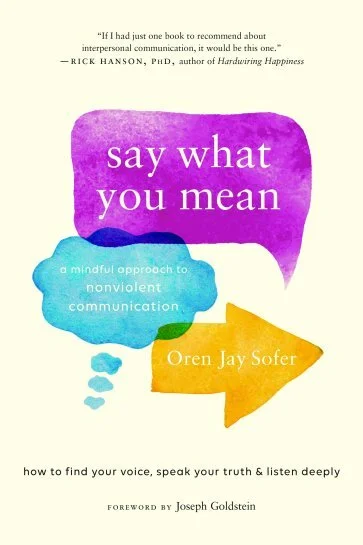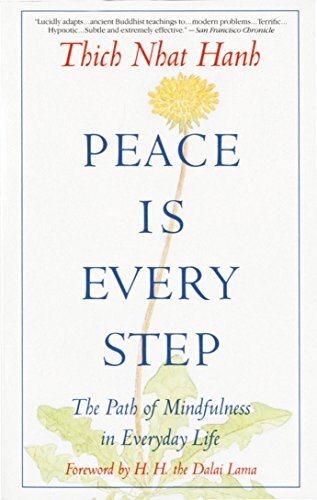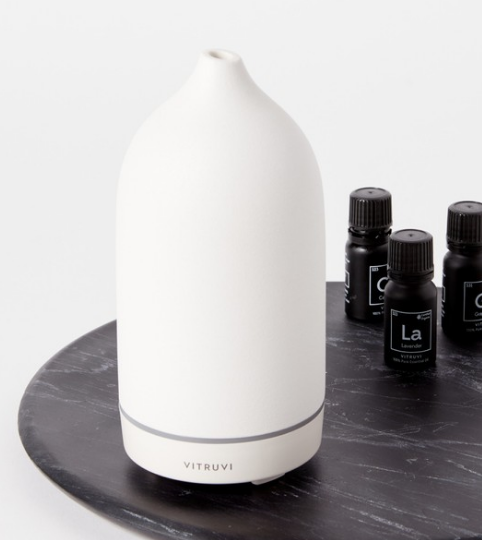For several years, the concept of mindfulness has been researched, discussed, and promoted in many different areas. Healthcare workers, mental health clinicians, nutritionists, and others have sought to implement mindfulness in their work with their clients. Mindfulness retreats have become coveted events all over the world. What was once a buzz word, is now widely used in several different fields. However, with this emergence, mindfulness can sometimes feel more complicated than it is and perhaps unnecessarily confusing.
Now, in 2020, the entire world is facing a physical and mental health pandemic, Covid-19. Regardless of where you are in your acceptance of this enormous life challenge, mindfulness is the most relevant practice that can get us through these times. Jon Kabat–Zinn defines mindfulness as, “paying attention in a particular way, on purpose, and in the present moment taking a nonjudgmental stance.” That’s it. Think about that elegant simplicity. The emphasis is “on purpose” as opposed to being on “auto-pilot”. This simplicity allows for individuals to embrace mindfulness anywhere and anytime. It can be simple, practical, and helpful.
A friend once asked, “Why would I want to pay attention all the time? Who wants to do that? I’m good with the way things are. Besides, life kind of sucks sometimes.” Many of you must be thinking that right now and, to be completely honest, our friend has a good point. Nevertheless, the other side of this dialectical dilemma is that when we pay attention on purpose, we allow ourselves to increase the quality of our lives. Also, we get to take hold of how we create and respond to whatever is right in front of us, whether it causes us joy or pain. We become the drivers in our own life, allowing us to metaphorically take hold of the wheel and steer. Choosing to ignore our realities can cause more suffering than confronting them. Paying attention to our internal and external experiences empowers us to make an actual choice.
As clinicians using Dialectical Behavior Therapy (DBT), we hold the philosophical stance of dialectics. A dialect is two opposing forces both being true at the same time. An example of this is the concept of acceptance and change. We can accept life on life’s terms and our current circumstances but also want things to change at the same time. Dialectical dilemmas and tensions are what we experience when we are pulled in the two opposing directions. This can feel very distressing at times, however, it is actually a very natural and common phenomenon that most individuals experience but do not talk about. It is not good or bad, black or white, happy or sad. It is both at the same time. If we do not acknowledge the dialectical dilemmas that we face daily it results in our living in the extremes and failing to find a cohesive synthesis. Through mindfulness, we can observe these opposing forces and try to purposefully walk the middle path between the two. Doing so without imposing judgment, personal interpretations, and opinions is also helpful.
During this pandemic, a common dialectical dilemma that we have been observing is wanting to live our lives as normally as possible while having to accept the new shelter at home guidelines that are keeping us physically distant from our loved ones. Both of these ideas are true and both can be held at the same time. This can cause an immense amount of stress and research illustrates how stress or anxiety affects our cortisol levels. Cortisol is the stress hormone and an increase in cortisol levels can, in turn, compromise our immune system.
There is no doubt that we are all feeling a sense of heightened uncertainty specific to the COVID-19 pandemic. Likely, most of us have now gone into survival mode which is a natural instinct that is meant to be temporary. Living our lives to simply survive is not living. So, how do we shift from survival to living? The answer is mindfulness.
Here are a few suggestions that can help in your own mindfulness practice.
Pay attention to how you are talking to yourself and others about COVID-19. How we talk to ourselves affects how we feel and how we behave. You can empower yourself and stay mentally healthy by reframing distressing thoughts to embrace a sense of calm and not spiral into catastrophic fear or panic.
When we are practicing Mindfulness, we become curious, nonjudgmental observers on purpose. We notice and put words to our experience. “I’m noticing fear. I’m noticing that I am focusing on my negative self-talk.” Our worry thoughts can be intrusive but when we learn to pay attention deliberately, we become more aware of how our thinking is affecting us. We can hit pause and “take hold” of our mind as opposed to allowing our mind to take control of us. When you are feeling anxious, stressed, or fearful ask yourself “is this thought helping or hindering me?” If it is a hindrance then practice reframing the thought.
Think of a more adaptive thought, even if you do not fully believe it. Acting “as if” often helps change your cognitive process.
Validation is another effective strategy. It creates a sense of safety and belonging. When we practice validation, we acknowledge that our internal experience makes sense. It makes sense that most people are feeling unsettled and wanting to gain a sense of control right now. Identifying that it is normal to feel this way and understanding that we are not alone are helpful self-validation strategies.
Radical Acceptance is another DBT skill that relates to mindfulness. This is acknowledging our reality instead of wishing it was different. When we practice radical acceptance, it is important to know that accepting our reality does NOT mean we must agree and approve of it. It is simply reminding yourself that it is happening. We can only move forward and change when we accept what is.
Radical acceptance allows us to live with our eyes wide open, not live in the dark or in denial. Suffering is the non-acceptance of pain. In essence, suffering becomes optional and when we acknowledge what is happening we become empowered to do something about it.
As we move through this time as a community, remember mindfulness is a skill that needs to be practiced daily. You can do it with awareness. When we exercise this skill, we are choosing to calm our central nervous system and keep our immune system strong. We can create new neural pathways in the brain and increase the quality of life.
As each of us practices common mindfulness suggestions that we frequently hear and read about, we also encourage you to consider practicing validation, radical acceptance, and dialectical thinking strategies.




